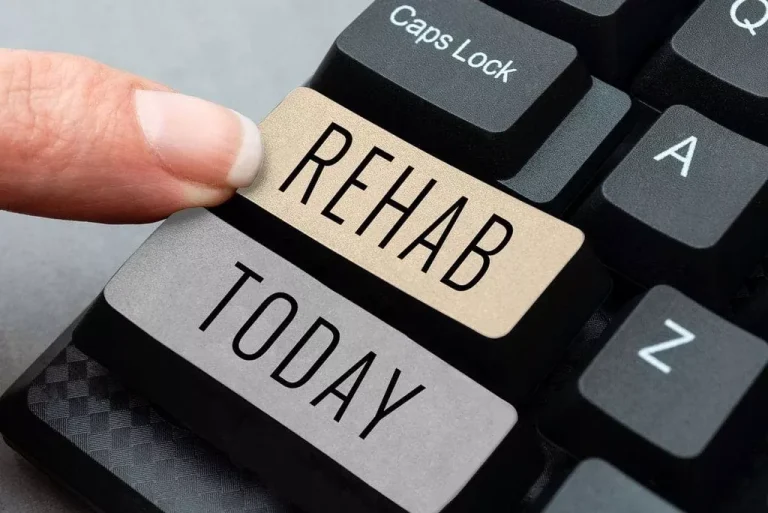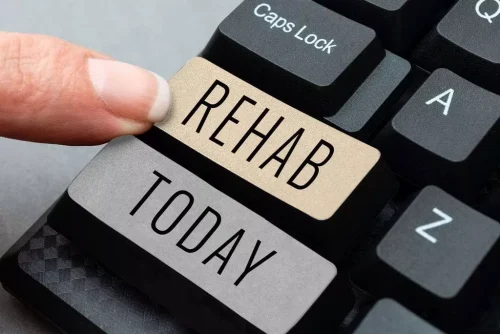How much alcohol can you safely drink while taking eliquis?

However, you should avoid grapefruit and grapefruit juice as they can interfere with the medication. Berries, apples, bananas, and oranges (excluding grapefruit) are good options. You don’t need to avoid them completely, but it’s important to eat them in moderation and keep your intake consistent. If you have any concerns or questions about your dietary choices while taking Eliquis, don’t hesitate to reach out to your healthcare provider for guidance and support. By reducing the consumption of processed and salty foods, you can help manage your blood pressure and improve overall heart health, ensuring that Eliquis can work effectively.
- Eliquis helps prevent blood clots, so it lowers your risk of having a DVT or PE after a hip or knee replacement.
- By gaining a deeper understanding of when to seek medical advice, you can take proactive steps towards achieving optimal cardiovascular health and well-being.
- For elderly patients, alcohol consumption should be even more cautiously approached, and regular monitoring is paramount.
- If you’re struggling to cut back on drinking and Eliquis, you’re not alone.
What are the side effects of Eliquis?
- Watch closely for symptoms of bleeding, such as unusual bruising, prolonged bleeding, or blood in stool or urine, and seek immediate medical help if they occur.
- The resulting significantly elevated bleeding risks can be life-threatening.
- A 2015 study, for example, found that 19.7% of patients hospitalized for gastrointestinal bleeding were heavy alcohol users.
Before taking any OTC products with Eliquis, talk with your doctor or pharmacist. Halfway house They’ll make sure these products do not contain NSAIDs that could interact with Eliquis. If you or someone you love experiences these or other troubling symptoms, seek help. From there, you can receive the necessary resources to get treatment.

Eliquis and certain seizure medications

Alcohol consumption is linked to the development of high blood pressure, high cholesterol, diabetes, and obesity, all of which are risk factors for heart disease and stroke. Additionally, heavy drinking can lead to heart conditions, including high blood pressure, heart failure, and stroke. Of course, if you drink alcohol, drinking in moderation is always recommended. Over-imbibing can affect how quickly your blood clots and can increase your chances of falling. Even a simple fall can give you a nasty bruise or could even cause internal bleeding. The interaction between Eliquis and alcohol is a significant consideration for patients prescribed this anticoagulant.

Understanding the Facts about Eliquis and Alcohol
It is recommended that you do not drink more than 14 units of eliquis and beer alcohol per week, which is roughly 6-9 pints of beer. Firstly, alcohol is known to act as a natural anticoagulant or blood thinner. This means that, when combined with Eliquis, it can increase the risk of bleeding, especially internal bleeding.
Grapefruit and Grapefruit Juice

Beer is an alcoholic beverage, and alcohol is known to act as a natural anticoagulant. This means that drinking beer while on Eliquis could increase the risk of bleeding, especially gastrointestinal bleeds. There are other blood thinner medications available that may have less interaction with alcohol. For example, warfarin (Coumadin) is a widely used blood thinner that has been around since 1954. However, it is important to note that combining warfarin with alcohol can still lead to an increased risk of bleeding.
The effects of alcohol on Eliquis patients with liver problems
Increased Fall RiskAlcohol impairs balance, coordination, and reflexes, increasing the likelihood of falls. For patients on Eliquis, even minor falls can result in severe internal bleeding, particularly in older adults or those with osteoporosis. Your healthcare provider will determine the duration based on your health needs. Eliquis is typically prescribed to be taken twice a day to maintain consistent blood levels of the medication. There are no known interactions between Vitamin D3 and Eliquis, making it safe to include in your supplement regimen. There are no known interactions between Vitamin B12 and Eliquis, making it safe to include in your diet or supplement regimen.
- This heightened risk of bleeding can be quite dangerous, potentially escalating minor injuries into severe bleeding events.
- When taking Eliquis, drinking alcohol may impact the rate at which the drug is absorbed into the body.
- According to the Dietary Guidelines for Americans, published by the U.S.
If you want to take melatonin with Eliquis, talk with your doctor first. In addition to the information below, you can refer to this article to learn about interactions with Eliquis. It can also interact with certain supplements as well as certain foods. Before approving coverage for Eliquis, your insurance company may require you to get prior authorization.
What about energy drinks?
- There do not appear to be any long-term harmful effects from taking Eliquis for extended periods.
- Signs of alcohol abuse include frequent binge drinking, inability to control alcohol intake, and negative impacts on personal or professional life.
Learn about common triggers, symptoms to watch for, and effective strategies for effectively managing this unpredictable heart condition. The relationship between alcohol and AFib is particularly concerning as alcohol can act as a trigger for AFib episodes. The exact mechanisms are complex and multifaceted, but it is known that alcohol can affect the electrophysiology of the heart, altering its normal rhythm.




